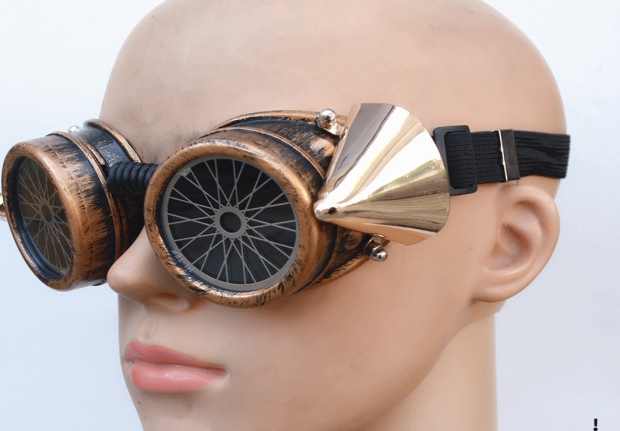Chatting to the Orlando Sentinel, vice president for AMD's Radeon Technologies Group Joe Cox said that there was a big resurgence in virtual reality.
"Virtual reality is exciting because it's new and there is an excitement around it right now. But it's just now in its infancy and has a long road ahead for it."
Its hope is that the company will pick up on the back of the developing VR market. It is not the only one which is making this claim. Bean counters for Mercury Research think that AMD has 12.3 percent of the graphics processor market, up from 11.8 percent the prior quarter. That was the first jump since the first quarter of 2012.
The paper quoted Richard Terrell, a virtual reality developer who think’s AMD's new graphics processors enhance its ability to compete in virtual reality.
"This is one of the key things that puts them in a good position for the next generation of VR technology that is about to hit us. Looking at the history of AMD, the company is well suited for it. Intel hasn't had this kind of competition in a while," he said
Growing competition in virtual reality means more opportunity for AMD which has seen its shares increase to $7.68. They hit a more than 40-year low of $1.61 per share on July 27, 2015.
The Orlando office works heavily on the Radeon RX 480 processor, which one recent review called "the best $200 GPU you can buy today".
Cox said he expects the group to keep having a good effect on the company's overall performance.
"We need to keep moving the graphics architecture and double its performance and power. Augmented reality processors, they need to be extremely low power and high performance. The goal is more pixels, less wattage."




